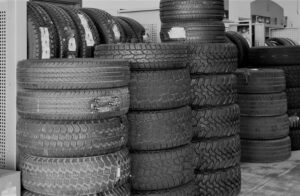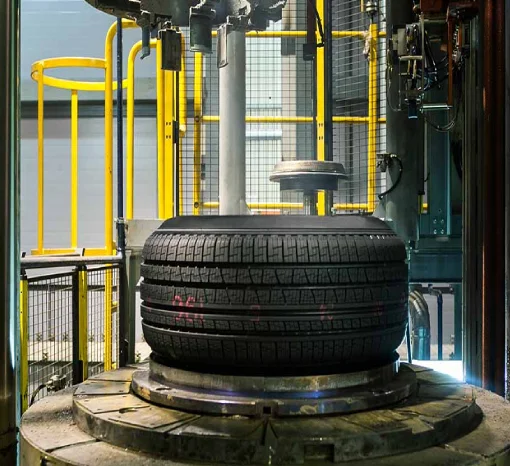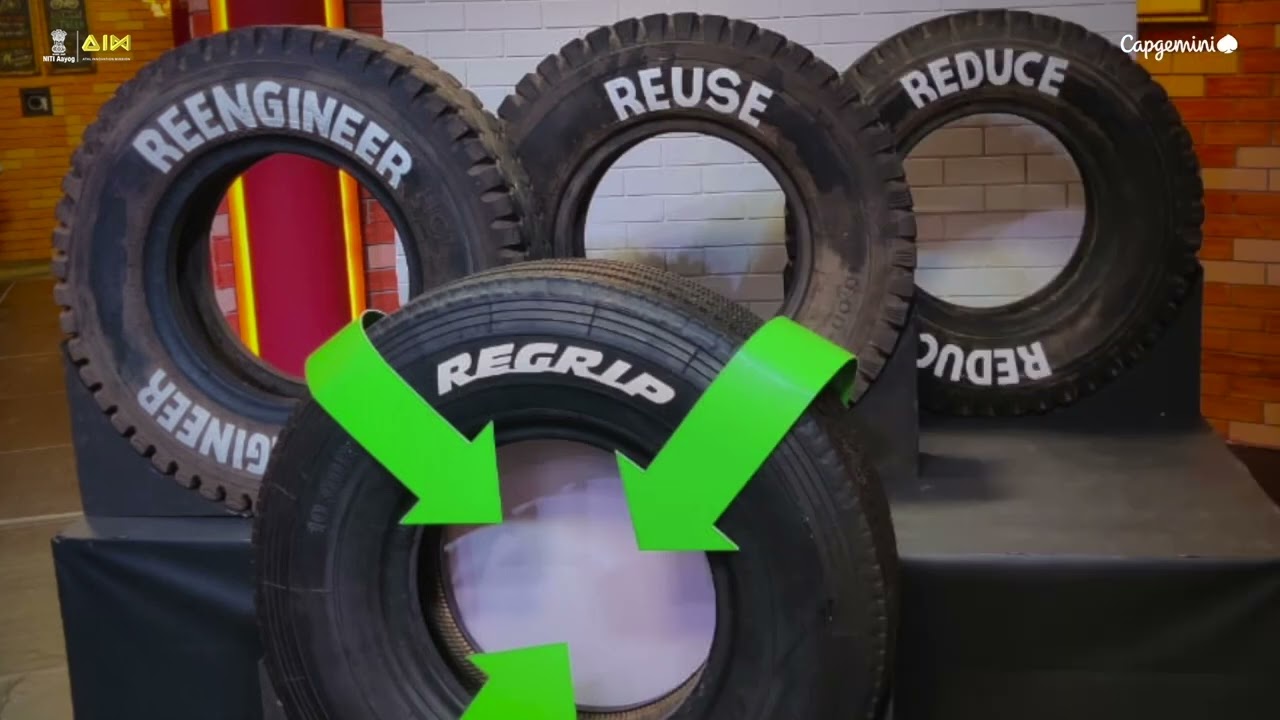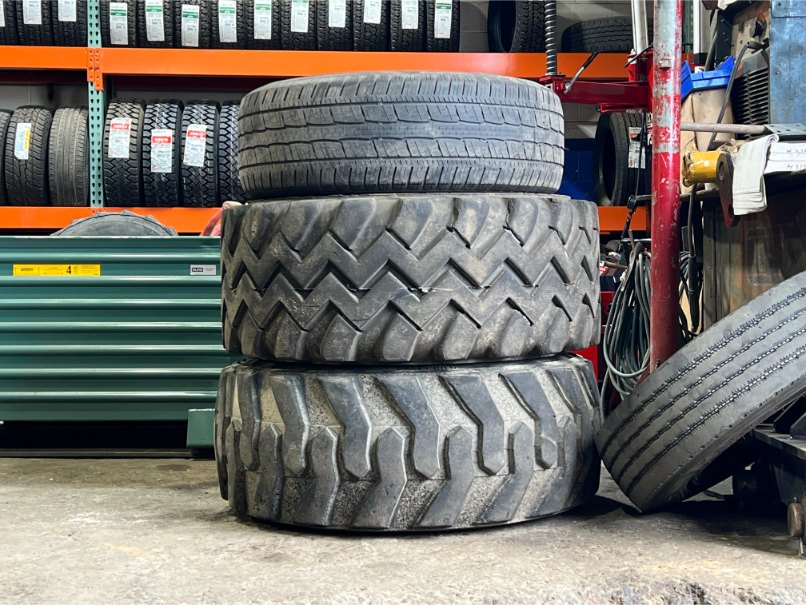
Metal recycling is more than just sorting cans and bottles; it’s a crucial component of a sustainable future. In a world grappling with climate change and dwindling natural resources, the importance of metal recycling cannot be overstated.
Here’s why metal recycling is important in reducing our environmental footprint:
Conservation of Natural Resources:
Metal ores are depletable resources. Extraction is energy-intensive with significant environmental degradation related to mining-such as cut down forests and soil erosion-in addition to affecting water resources.
Recycling these metals greatly lessens the fresh mining operations considerably, thus preventing the depletion of valuable natural products and minimizing attendant environmental degradation;
Energy Conservation,
Metal scrap recycling consumes appreciably smaller amounts of energy than processing unrefined source materials.
For instance, recycling aluminum cans takes 5% of the energy used to manufacture it from bauxite ore.
This saving in energy equates to lesser emissions of greenhouse gases, hence a reduction in climate change.
Less Pollution:
Mining and smelting processes release dangerous pollutants in the air and water.
Recycling minimizes these emissions, thus clean air and water and a healthier environment for all.
Less Waste:
Metal recycling prevents large amounts of waste from landfills, thereby reducing the negative environmental impacts of landfills, such as methane production and groundwater contamination.
Economic Benefits
Metal recycling creates jobs in the collection, sorting, and processing industries. It also supports a healthy domestic recycling industry, thereby increasing the economy.
How You Can Make a Difference
Recycle through curbside recycling programs.
Advocate for local metal recycling centers.
Buy products that are made from recycled metals.
Educate others on the need to recycle metals.
By embracing metal recycling, we significantly reduce our negative impact on the environment, as well as preserving resources for posterity.








